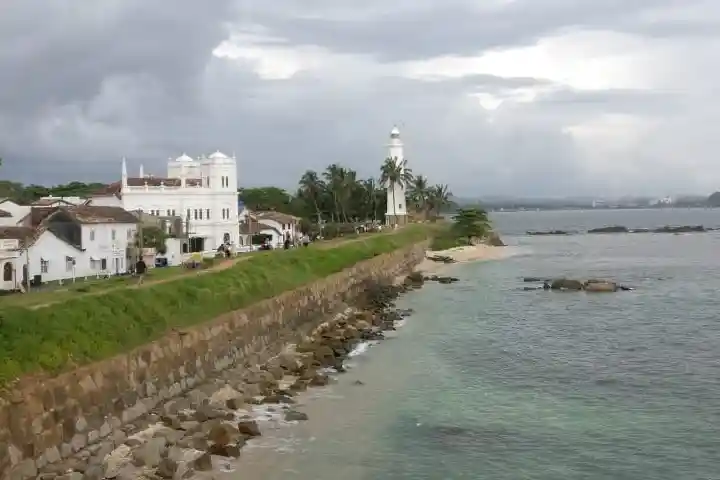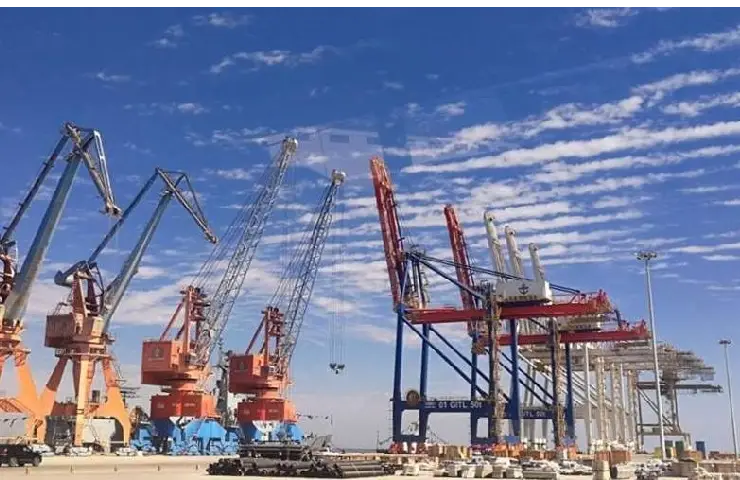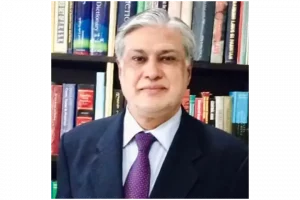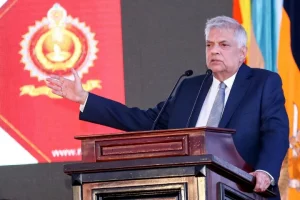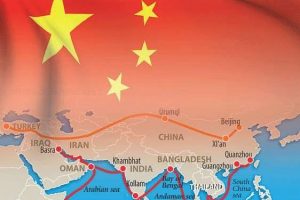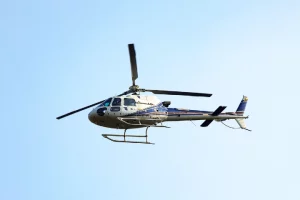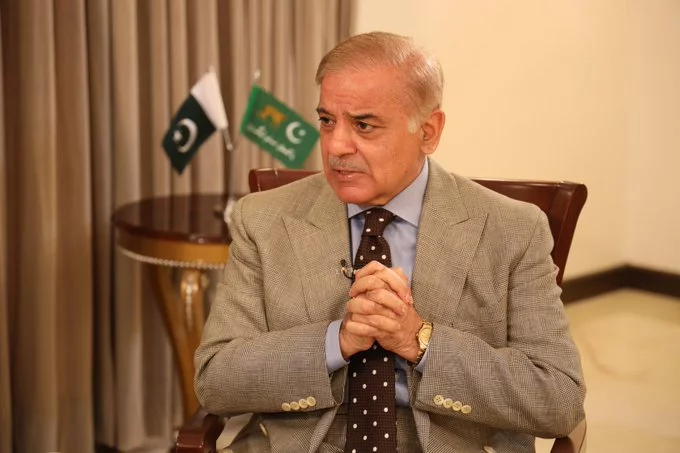Amid intense scrutiny and fast deteriorating economic situation, Sri Lanka averted a default repaying $500 million international sovereign bond (ISB) that matured on January 18. But the island nation, hit by a severe foreign exchange crisis, will have little to cherish. The repayment has caused disconent among many citizens who are finding it tough to procure their daily essentials including food. The worst affected are the common citizens
While China, India and Japan top the list of Sri Lanka’s bilateral lenders, the ISB forms the largest chunk in the country’s debt repayment portfolio.
“Sri Lanka is facing an acute shortage of foreign exchange – people queue in long lines to buy cooking gas; there is no powdered milk; food prices are rising rapidly; power cuts are becoming frequent. This $ 500 million could enable people, especially poor people, to buy and cook food for themselves and their children. Instead, the Government is choosing to reimburse bondholders, who are hardly poor,” Daily FT quoted Shanta Devarajan, former acting chief economist of the World Bank as saying.
Also read: Rajapaksa addresses parliament: focuses on rapprochement, economy and balance between powers
Sri Lankan economy is facing a twin challenge of fast eroding foreign exchange reserves and surging inflation. Sri Lanka’s President Gotabaya Rajapaksa declared a state of economic emergency in September last year.
The next payment deadline of $1 billion is due in July. According to estimates, Sri Lanka's total debt burden for this year is $6.9 billion, according to reports.
The dwindling economic situation in Sri Lanka is gradually pushing the island nation on the brink of bankruptcy as scores of citizens are now looking to relocate to other countries.
Nikkei Asia in its report said that Sri Lanka's top economists and business leaders had urged President Gotabaya Rajapaksa's government to default on the debt repayment and to use the nation's foreign currency reserves to buy fuel, food, medicine and other essentials.
“Defaulting on international repayments can have serious economic consequences but given the current condition of the country, where people are finding it tough to meet their daily essentials including food, it would have probably made sense to defer repayment. You have to first put things in order,” an analyst told India Narrative.
After the country’s foreign exchange reserves dipped to $1.6 billion in November, it improved to $3.1 billion in December.
Colombo is heavily dependent on imports for meeting its basic food and medicinal requirements. The thinning forex reserves has severely impacted imports of all these essential items, which in turn has led to spike in prices and shortage of supplies.
Also read: India reaches out to Sri Lanka's Tamils with handover of 1,000 houses
Meanwhile, Sri Lanka which is looking at various ways to resurrect its battered economy, has thrown open its door to Indian companies to invest there.
Last week, External Affairs Minister S Jaishankar held talks with Sri Lankan Finance Minister Basil Rajapaksa to discuss ways to enhance cooperation including economic and business between the two countries.
“This is an opportunity for India to balance China’s hold over Colombo,” the analyst said.






